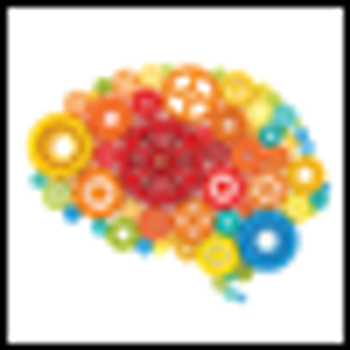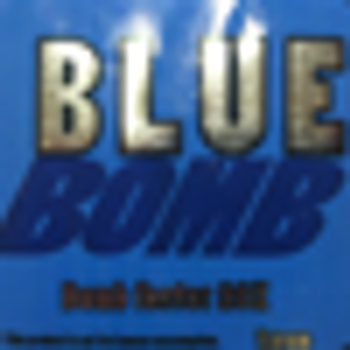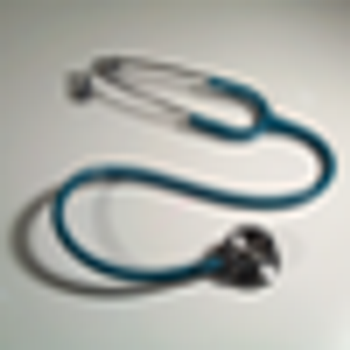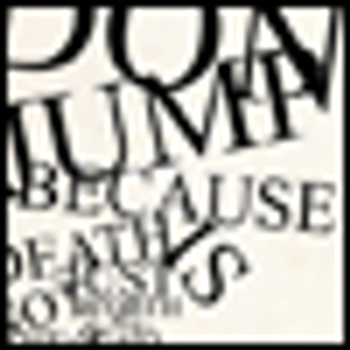
As we are faced with a growing population of older adults, a better understanding of the issues that they confront is crucial.


As we are faced with a growing population of older adults, a better understanding of the issues that they confront is crucial.

The side effect of persons with psychiatric illness like bipolar disorder going off medication can be destructive. This patient had been in trouble with the local police, who saw her as a troublemaker and a menace.

DSM-5 better captures the essence of narcissistic personality disorder (NPD) than previous versions did. The hypervigilant NPD subtype is the least understood but seen the most often in patients.

Sleep-disordered breathing is common in patients with mood and anxiety disorders. This article explores the implication for practicing psychiatrists whose patients have sleep disorders.

Evidence suggests that cannabis is associated with an increased risk of psychosis when it is used frequently. Marijuana doesn't count, does it?

Bath salts and herbal incense-synthetic legal intoxicating drugs (so-called SLIDs)-have potentially serious adverse effects-including acute psychosis, delirium, violent behavior, seizures, and cardiovascular emergencies.

In light of our problems and uncertainties about the state of current psychiatry, or perhaps because of them, what might describe good psychiatry? Following are some suggestions for what we, as psychiatrists, can do.

A study of veterans at risk for suicide showed that single attempters did not differ from multiple attempters on any variable except a history of childhood physical abuse.

Let’s compare Dr Robert Spitzer's apology to the gay community with the stonewalling that has characterized every step in the development of DSM-5. The American Psychiatric Association has a lot to apologize for-but instead maintains a defensive posture that prevents insight and self-correction.

An increasing number of patients are being brought to the emergency room because of bath salts and/or herbal incense toxicity.

The Suicide Risk Screening Alert is a clinical tool that assists the psychiatrist and nonpsychiatric physician in identifying patients at risk for suicide during brief medication management appointments.

Funding for mental health services has never achieved top legislative priority, and reforms requiring parity succeeded only after years of hard-fought battles.

Ongoing shortages of several psychotropic medications have wreaked havoc among patients and their families, caused frustration and reluctant prescription switches among physicians, and prompted investigations by Congress.

For the first time in its history, DSM-5 has shown some flexibility and capacity to correct itself. Hopefully, this is just the beginning of what will turn out to be a number of other necessary DSM-5 retreats.

Staying empathic and keeping the conflict within the patient instead of between the patient and health care provider, is a key to successful management.

I can just sense the uproar now. Dr. Moffic wants state hospitals again? Has he lost it? Well, yes. I do, sort of. Here’s why.

An excellent study has killed two birds with one stone. It is a clear caution against the DSM-5 proposal for a psychosis risk syndrome and it should temper enthusiasm for rushing ahead with "ultra high risk" prevention programs.

The paradigm for modern psychiatry is evidence-based medicine (EBM)-it represents proven treatments for defined diagnoses. But there are major problems with this position, starting with the fact that while they are superior to placebo, evidence-based treatments too often are ineffective.

David Cronenberg’s film "A Dangerous Method" tells the story of the relationship between Freud and Jung and a woman named Sabina who had a considerable influence on both of them.

Insight can be assessed in the course of a typical evaluation or follow-up interview with augmentation by questions borrowed from any of the validated insight rating scales.

We know that different people, cultures, and traditions all grieve differently. Yet it is ultimately our capacity for resilience that allows each of us to process the grief-inducing event in his or her own way.

According to this week’s Time Magazine, the American Psychiatric Association has just recruited a new public relations spokesman who previously worked at the Department of Defense.

During their time in Ayacucho, these visiting psychiatrists learned that American psychiatric training has wide-reaching cultural value.

With DSM-5 scheduled for publication a little more than a year from now, we may safely assume that, barring unannounced surprises from, say, the APA Scientific Review Committee, what we will see on the DSM-5 Web site is what we will get. With that in mind it’s time to review what we will indeed get.

The responsibility for improvement was placed on psychiatrists: diagnostic skills had to be improved and patients and their families and caregivers as well as the general public needed to be better educated about the disorder and treatment options.